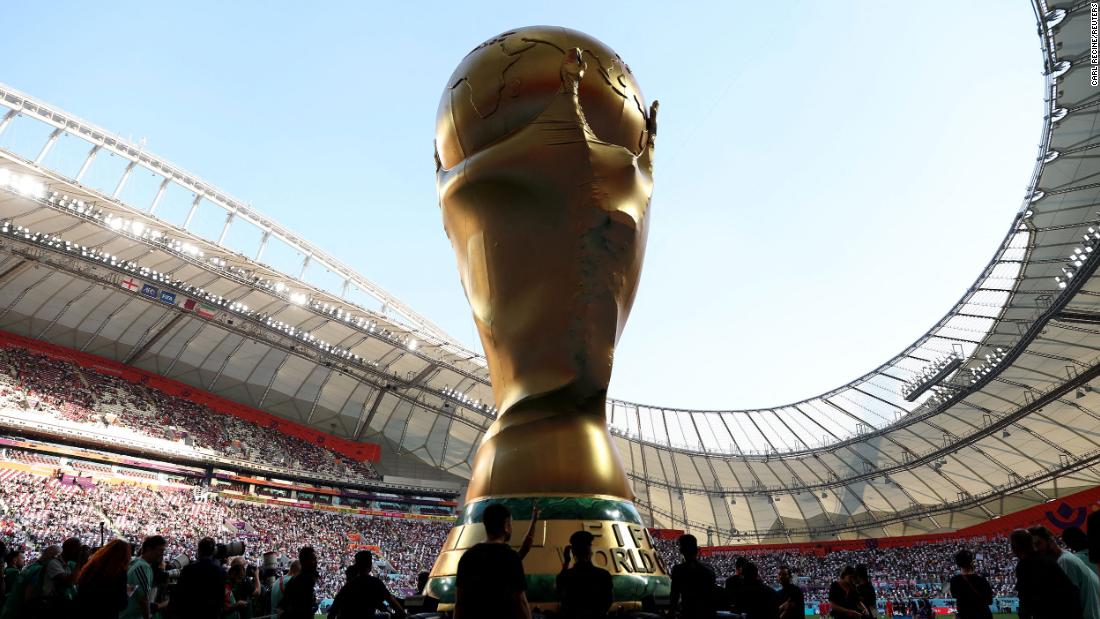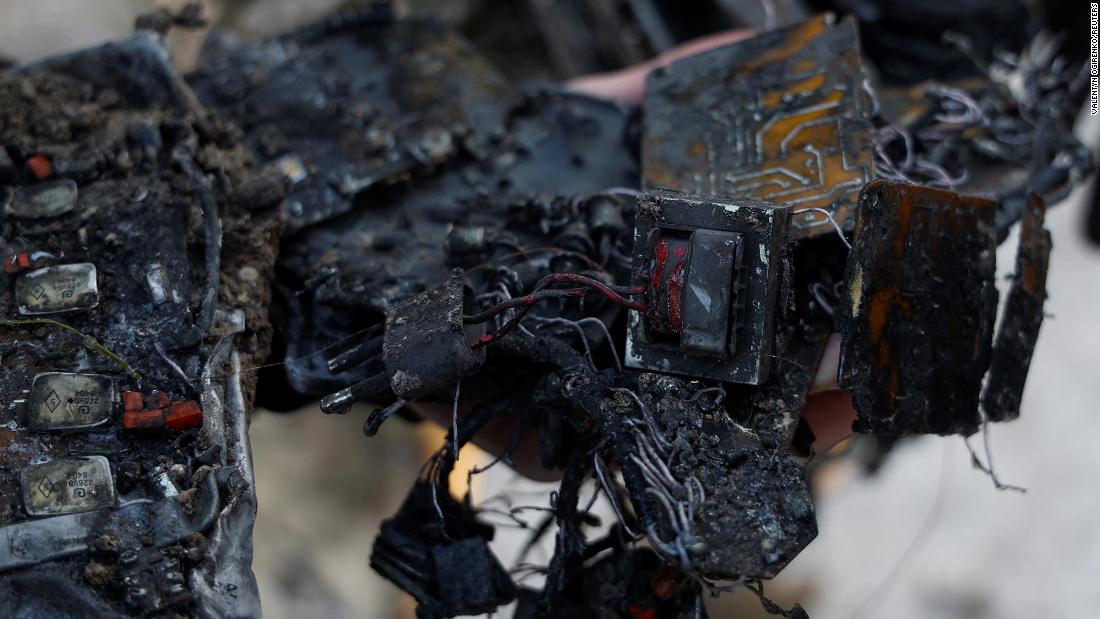
In the past, there have been rumblings of football matches being shortened from their traditional 90-minute length to appeal to a younger generation, one used to digesting content quickly.
But, at the 2022 World Cup, audiences have watched games that have just got longer – a lot longer.
We’ve seen officials raising their electronic boards at the end of halves throughout games in Qatar signaling well over the usual four or five minutes.
Seven or eight minutes often seems to be the minimum. On a few occasions already, over 10 minutes have been added on.
It resulted in just one of the opening eight games of the tournament finishing in less than 100 minutes.
Aim of reducing time-wasting: The elongated games are part of a move by FIFA, the sport’s governing body, to fight against perceived time wasting and to reclaim time lost for goal celebrations, video assistant referee (VAR) reviews and substitutions.
Pierluigi Collina, famed former referee and the current chairman of FIFA’s referees’ committee, explained before the start of the tournament that fans should expect games exceeding 100 minutes, with added time over “seven or eight minutes.”
“This is nothing new,” Collina said at a media conference. “(At the last World Cup) in Russia, it became quite normal for the fourth official to show the board with seven, eight, nine minutes on it.
“We recommended our referees to be very accurate in calculating the time to be added at the end of each half to compensate for time lost due to a specific kind of incident.
“What we want to avoid is to have a match with 42, 43, 44, 45 minutes of active play. This is not acceptable.”
However, these lengthier games have prompted a mixed response from former players and soccer pundits.
Note:- (Not all news on the site expresses the point of view of the site, but we transmit this news automatically and translate it through programmatic technology on the site and not from a human editor. The content is auto-generated from a syndicated feed.))



